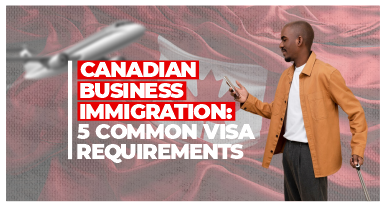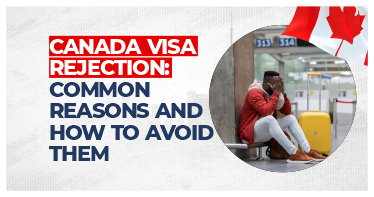We had the first part of this series blog a few weeks ago as frequently asked questions about Canadian Immigration. Questions included were how the process of becoming a permanent resident is, what is the fastest way, how much money required and so on.
Another branch of questions about Canadian Immigration in this article is that most of our clients ask about having a job and earning in Canada. Of course, what is there to do if we do not work? It is a vital thing; In fact, it is as important if you qualify to move to Canada. It is also a basis of which immigration program you are suitable, too. Read on to know more…
Can I move to Canada without a job offer?
Believe it or not, yes! The Federal Skilled Worker Program and Federal Skilled Trades Program handled by the Express Entry system do not require you to have a job offer. However, having a prior job offer can boost the achievement of your Canadian Immigration plans. It accumulates permanent residency points and improves your Comprehensive Ranking System (CRS) score.
What are the jobs in demand in Canada?
You have a lot of options to choose from here, so better establish your work background in the following industries: Healthcare, Engineering, Financial Services, Advertising, Information Technology, Agriculture and Farming, Skilled professions (butchery, welding, automotive, machining and heavy equipment operators) and so much more. In addition, you can check if your employment experience qualifies here. Canada recruits qualified individuals lawfully, either in temporary or permanent conditions.
What if a potential applicant is eligible for Provincial Nominee Program?
All of the provinces in Canada are under the Canadian Immigration agreement regarding the Provincial Nominee Program. It provides a selection of each region from foreign applicants eligible to move in their vicinity. Nonetheless, a job offer is a requirement of most provincial programs for sponsorship in nomination. This is regardless of the score total granted in self-assessment to improve chances of receiving an Invitation to Apply (ITA).
Is it a significant factor to have a relative in Canada?
Yes, since it accumulates in the point system. The principal applicant or their spouse or common-law partner having a close relative in Canada matters and receives points for adaptability. A close relative can mean a parent, grandparent, child, grandchild, sibling, uncle, aunt, niece, nephew, spouse or partner or who is already a Canadian citizen or permanent resident and is currently living in Canada.
Can I work and study at the same time in Canada?
Yes, but this is a case-to-case basis as it depends on your time and budget abilities. If you are in the study visa program, some colleges and universities allow you to work while studying, but not all. It also depends on the conditions if you get a study permit. However, if you are in Canada with an open work permit, you can apply for a study permit before your work permit expires.
Are you ready to make your move to Canada? If you have more frequently asked questions about Canadian Immigration, Feel free to ask us in the comments or If you want to have professionals guide you all through Canadian Immigration, saving you time, frustration and money lost to trial and error; Click the link below to book your free consultation call with one of our experienced and licensed immigration consultant today!







